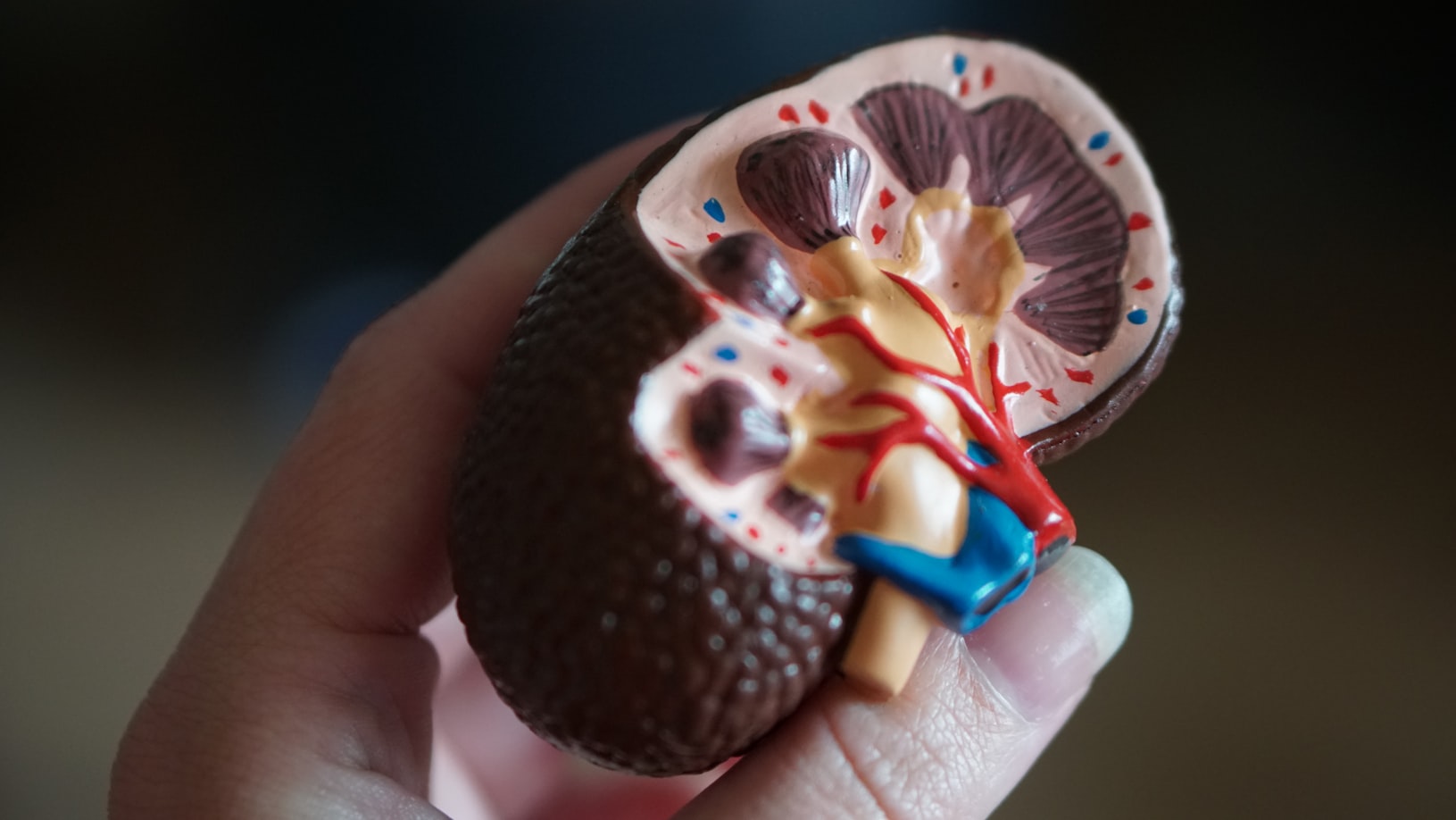Can Ketosis Cause Kidney Stones?
Ketosis is a metabolic state in which the body primarily uses fat for energy instead of carbohydrates. This state is achieved through a low-carbohydrate, high-fat diet, commonly known as the ketogenic diet. While the ketogenic diet has gained popularity for its potential weight loss benefits and improved mental clarity, concerns have been raised about its impact on kidney health. One such concern is whether ketosis can cause kidney stones. In this article, we will explore the relationship between ketosis and kidney stones, examining the scientific evidence and providing valuable insights for readers.
Understanding Kidney Stones
Kidney stones are hard deposits that form in the kidneys when certain substances, such as calcium, oxalate, and uric acid, become concentrated in the urine. These deposits can vary in size and shape, ranging from tiny grains to larger stones that can cause severe pain and discomfort.
The Role of Ketosis
When following a ketogenic diet, the body enters a state of ketosis, where it relies on fat for fuel instead of carbohydrates. This metabolic shift occurs due to the limited availability of glucose, the primary energy source derived from carbohydrates. In the absence of glucose, the liver produces ketones from fatty acids, which are then used as an alternative fuel source.
Scientific Evidence
While there is limited research specifically examining the relationship between ketosis and kidney stones, several studies have explored the impact of low-carbohydrate diets on kidney health. A study published in the Journal of the American Society of Nephrology found that individuals following a low-carbohydrate diet had a higher risk of developing kidney stones compared to those following a low-fat diet.
However, it is important to note that this study did not specifically investigate the ketogenic diet. The increased risk of kidney stones observed in the study may be attributed to other factors associated with low-carbohydrate diets, such as higher protein intake and lower fluid consumption.
Another study published in the Journal of Urology examined the effects of a ketogenic diet on stone-forming risk factors in healthy individuals. The study found that a ketogenic diet did not significantly alter urinary stone-forming risk factors, suggesting that ketosis alone may not be a direct cause of kidney stones.
Possible Mechanisms
While the direct relationship between ketosis and kidney stones remains unclear, several mechanisms have been proposed to explain the potential link:
- Increased urinary calcium: Ketosis may lead to increased urinary calcium excretion, which can contribute to the formation of calcium-based kidney stones.
- Dehydration: The ketogenic diet can have a diuretic effect, increasing urine output and potentially leading to dehydration. Dehydration can concentrate urine and promote the formation of kidney stones.
- Altered pH levels: Ketosis may affect urinary pH levels, potentially favoring the formation of certain types of kidney stones.
Prevention and Mitigation
While the evidence linking ketosis to kidney stones is inconclusive, there are steps individuals can take to reduce the risk:
- Stay hydrated: Adequate fluid intake is crucial for maintaining kidney health. Drinking enough water can help dilute urine and prevent the concentration of stone-forming substances.
- Monitor calcium intake: While calcium is an essential nutrient, excessive intake can contribute to the formation of kidney stones. It is important to consume calcium in moderation and consult with a healthcare professional for personalized recommendations.
- Include dietary fiber: A high-fiber diet can help prevent the formation of kidney stones by binding to substances that promote stone formation and aiding in their elimination through the digestive system.
- Monitor ketone levels: Regular monitoring of ketone levels can help individuals maintain a healthy balance and prevent excessive ketosis, which may have potential negative effects on kidney health.
Frequently Asked Questions (FAQ)
1. Can a ketogenic diet cause kidney stones?
While the evidence is inconclusive, some studies suggest that low-carbohydrate diets, including the ketogenic diet, may increase the risk of kidney stones. However, other factors associated with these diets, such as higher protein intake and lower fluid consumption, may contribute to this increased risk.
2. How can I prevent kidney stones while on a ketogenic diet?
To reduce the risk of kidney stones while following a ketogenic diet, it is important to stay hydrated, monitor calcium intake, include dietary fiber, and regularly monitor ketone levels. These measures can help maintain kidney health and minimize the potential risk of stone formation.
3. Are there any specific foods that should be avoided to prevent kidney stones?
While there are no specific foods that must be completely avoided, individuals on a ketogenic diet should be mindful of their calcium intake. Consuming excessive amounts of calcium-rich foods or supplements may increase the risk of kidney stones. It is advisable to consult with a healthcare professional for personalized dietary recommendations.
4. Can ketosis lead to dehydration?
The ketogenic diet can have a diuretic effect, increasing urine output and potentially leading to dehydration if fluid intake is not sufficient. It is important to drink enough water and stay adequately hydrated while following a ketogenic diet.
5. Is ketosis harmful to the kidneys?
There is no conclusive evidence to suggest that ketosis is harmful to the kidneys. However, individuals with pre-existing kidney conditions should consult with a healthcare professional before starting a ketogenic diet or any significant dietary changes.
6. Can ketosis increase the risk of other kidney-related issues?
While the evidence is limited, some studies suggest that low-carbohydrate diets, including the ketogenic diet, may be associated with a higher risk of developing chronic kidney disease. However, more research is needed to establish a definitive link between ketosis and kidney-related issues.
Summary
While the relationship between ketosis and kidney stones is not fully understood, current evidence suggests that the ketogenic diet alone may not be a direct cause of kidney stones. Other factors associated with low-carbohydrate diets, such as higher protein intake and lower fluid consumption, may contribute to the increased risk. By staying hydrated, monitoring calcium intake, including dietary fiber, and regularly monitoring ketone levels, individuals can reduce the potential risk of kidney stone formation while following a ketogenic diet. As with any dietary change, it is advisable to consult with a healthcare professional for personalized recommendations and to address any concerns regarding kidney health.






